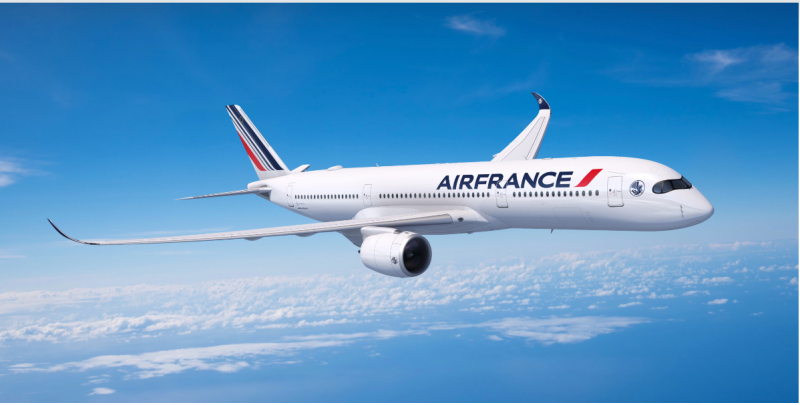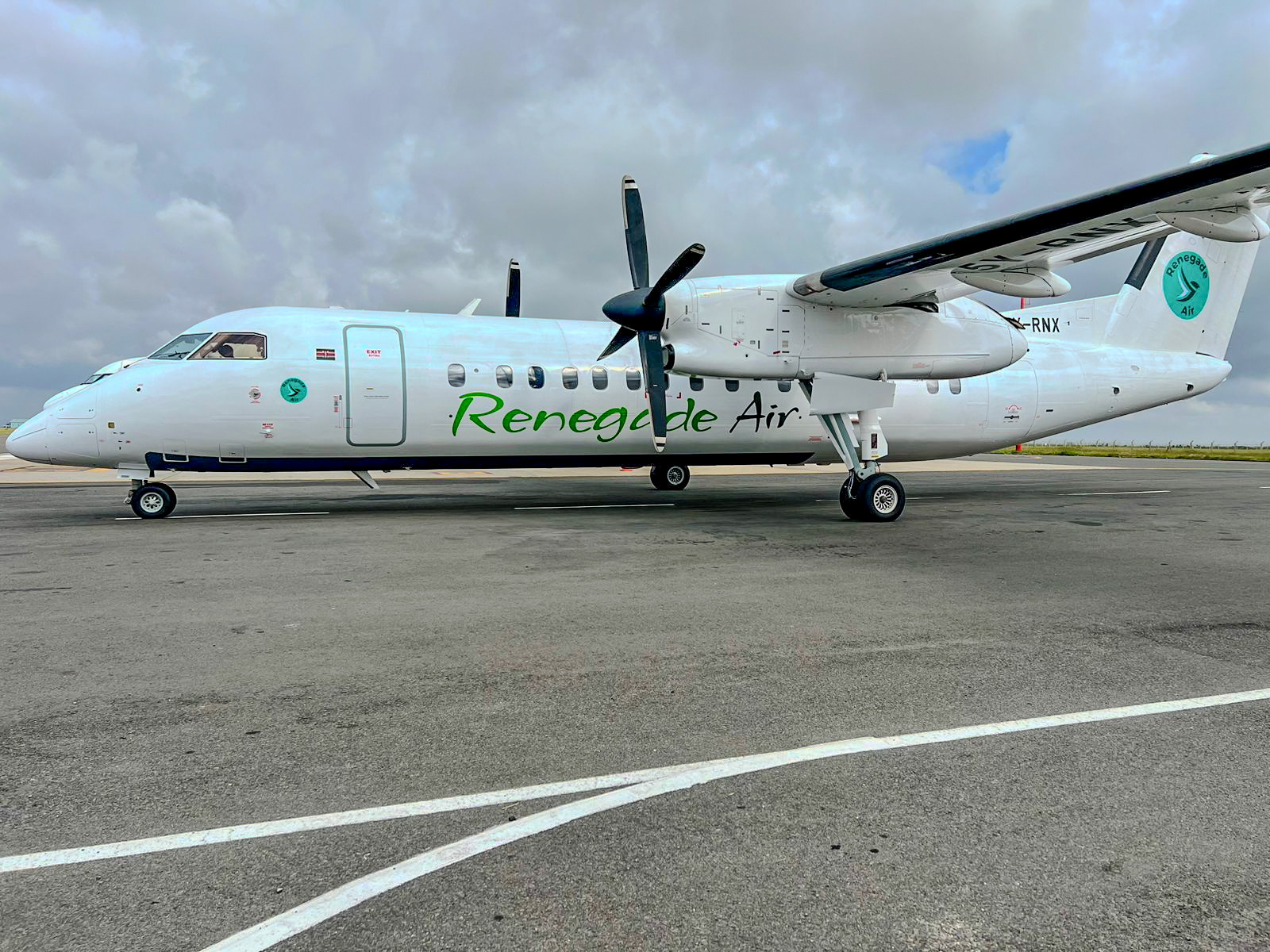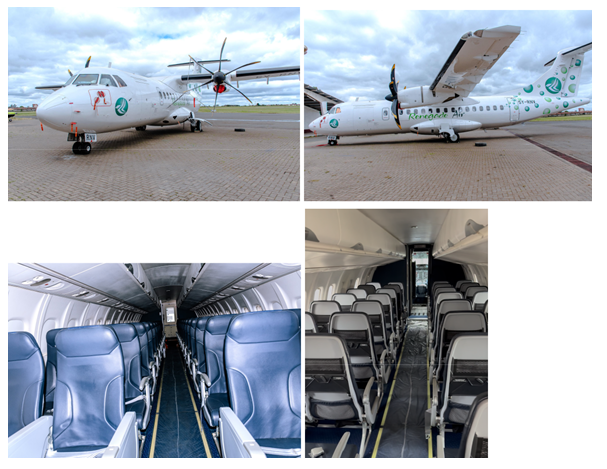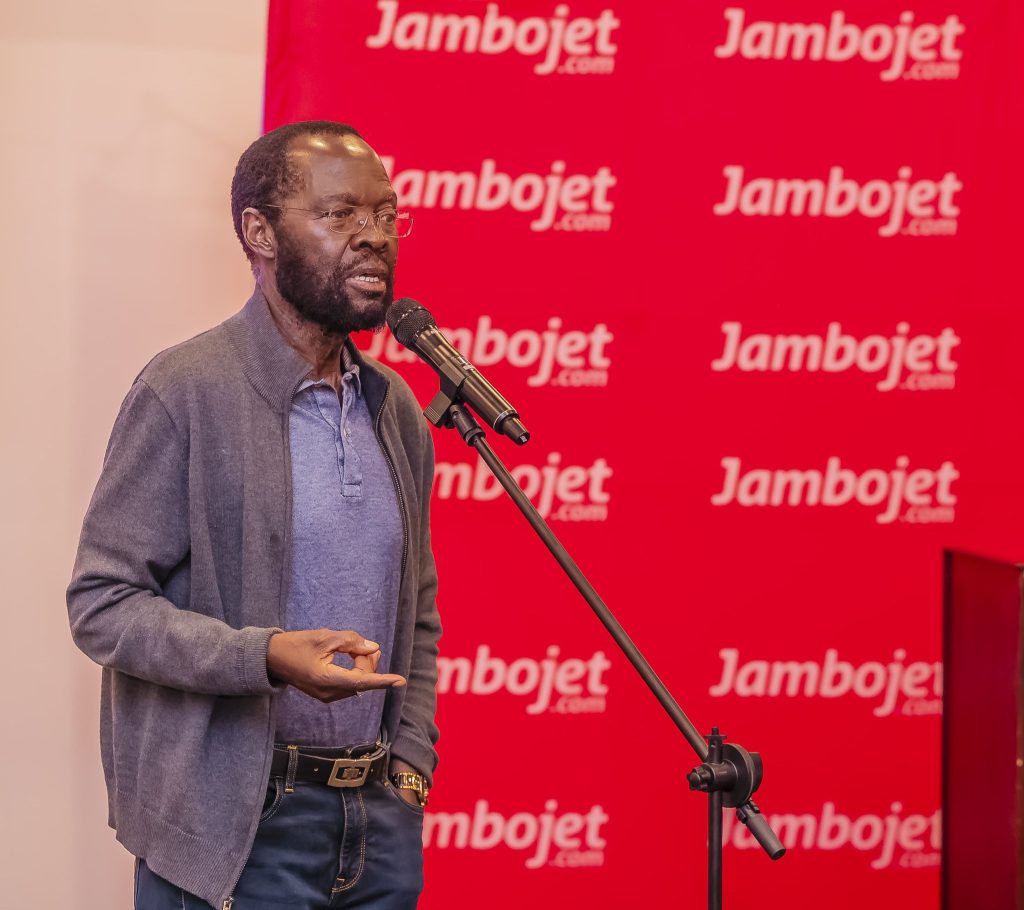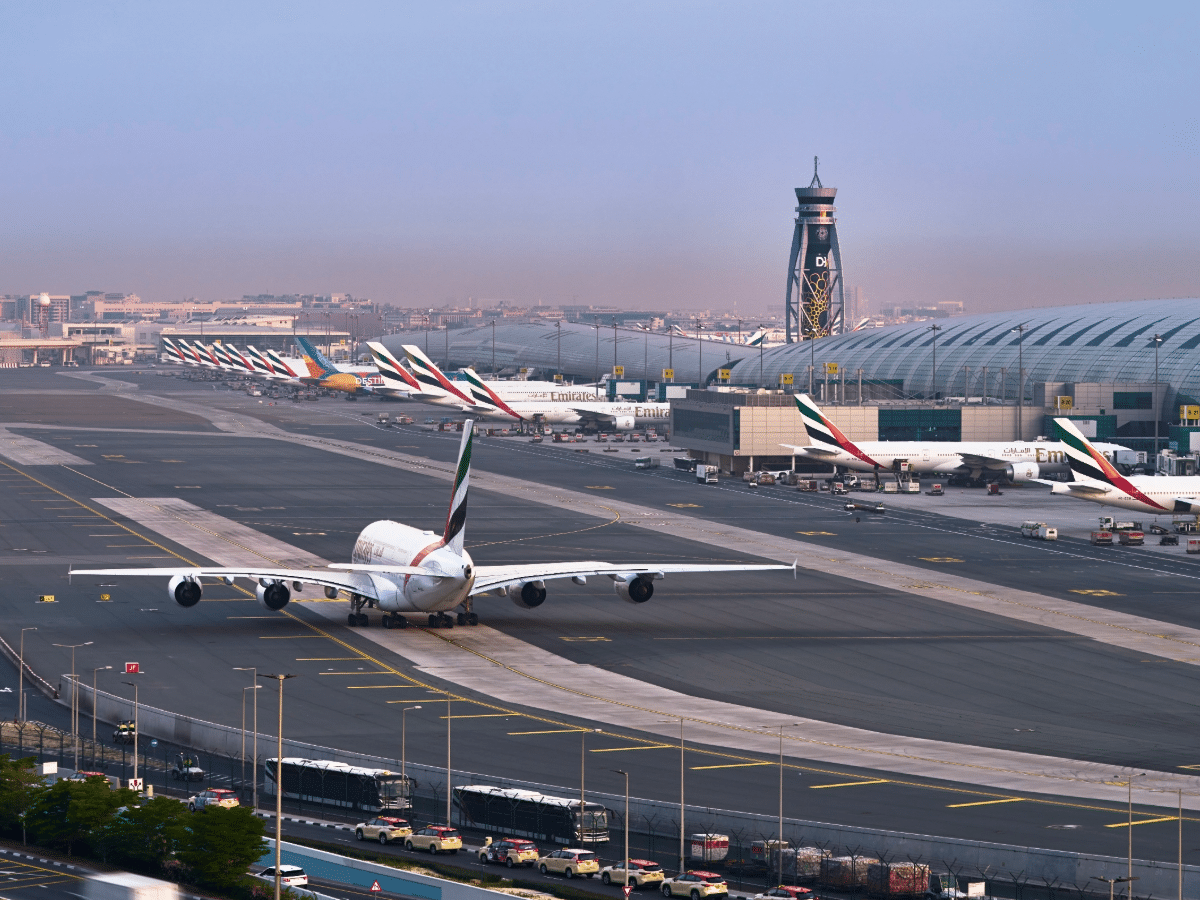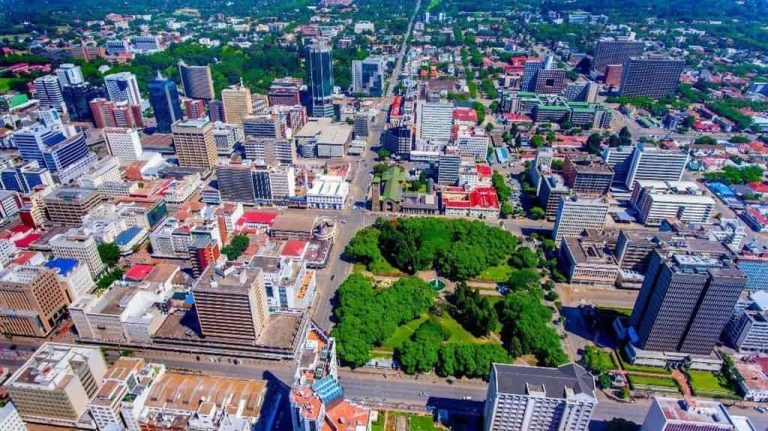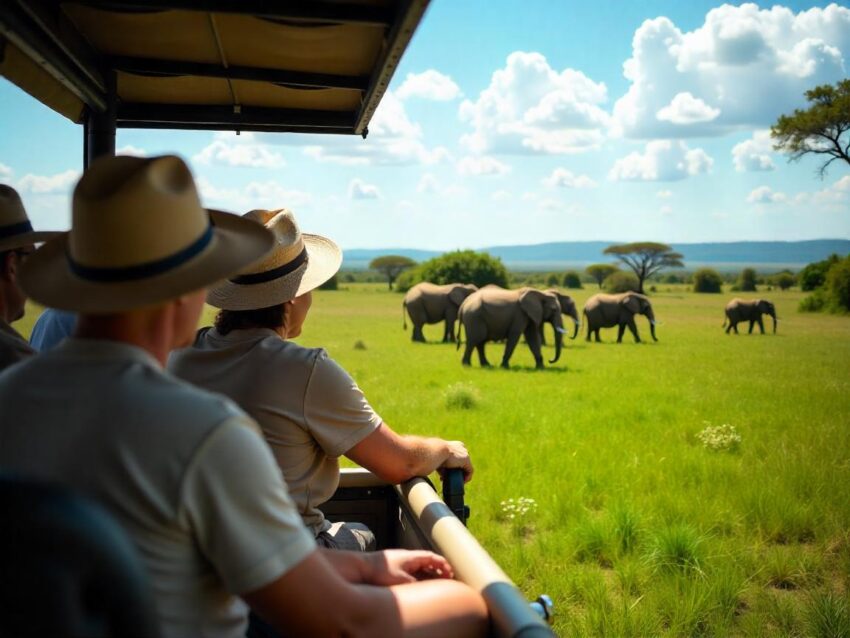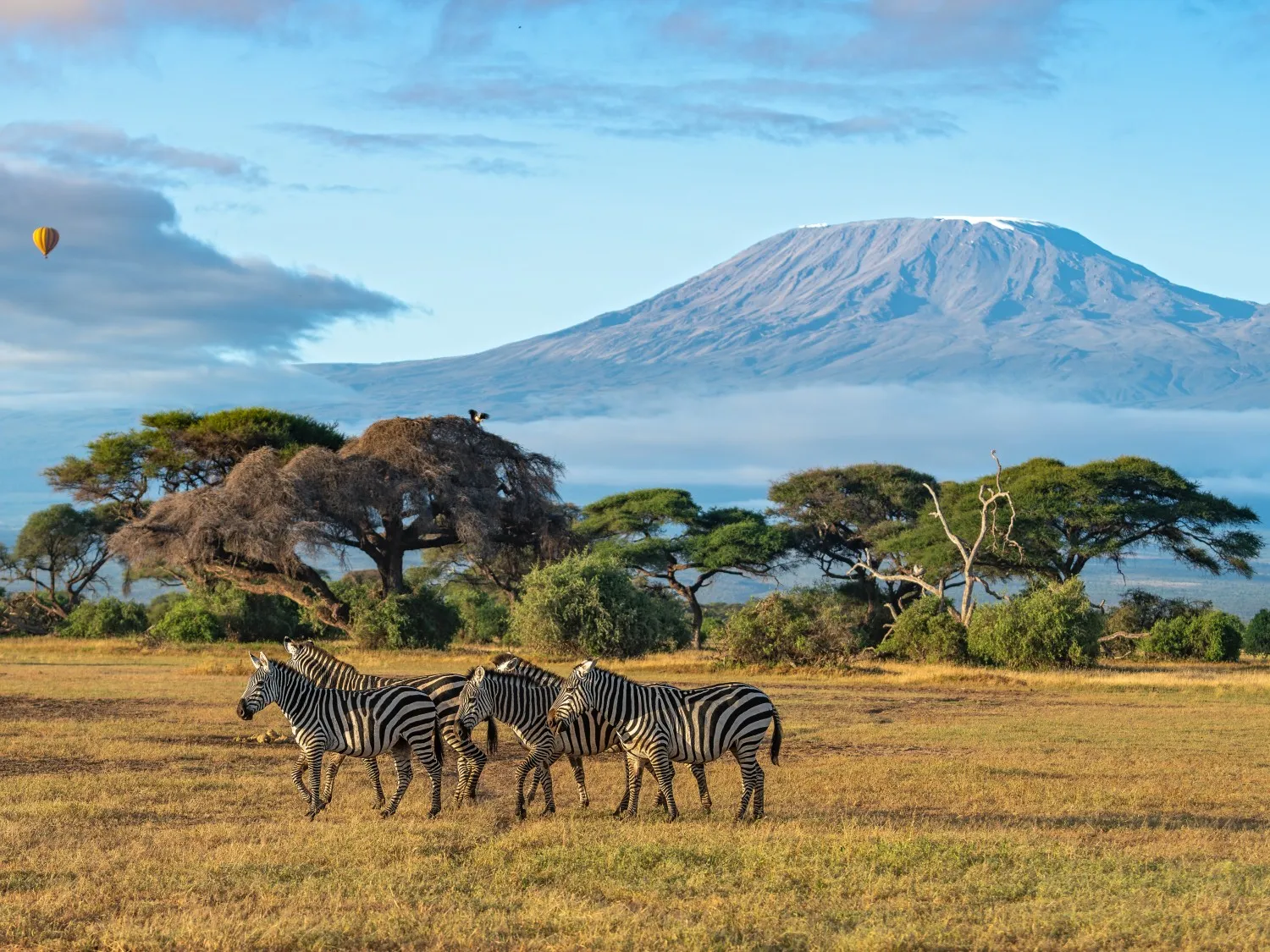On June 12, 2025, a devastating crash involving an Air India 787 Dreamliner rocked the aviation world. Flight AI171, which was scheduled to fly from Sardar Vallabhbhai Patel International Airport (AMD) in Ahmedabad to London Gatwick Airport (LGW), crashed just moments after takeoff, killing all 241 passengers and crew aboard. This tragic event, marked as the deadliest aviation disaster in India’s history, raised urgent questions about its cause.
As aviation experts and authorities continue their investigation into this tragic incident, several potential theories have emerged. Whether the cause lies in mechanical failure, human error, or external factors like bird strikes, no single theory has been confirmed yet. This article delves into the various possibilities surrounding the Air India 787 crash to offer readers an informed view of what might have gone wrong.
Also Read: Only 2 Weeks to Go: Countdown to KATA’s 2025 AGM & Convention in Mombasa
Key Potential Reasons for the Air India 787 Crash
1. Engine Failure: A Rare but Catastrophic Possibility
One of the leading theories surrounding the crash is a dual-engine failure. While engine failure is rare in modern commercial aviation, the idea of both engines failing simultaneously is even more unusual. For comparison, the last notable incident of dual-engine failure occurred in 2009 with the famous “Miracle on the Hudson.”
Potential causes for engine failure include:
- Fuel contamination: Impurities in the fuel can cause engines to malfunction.
- Blocked fuel metering systems: A blockage could restrict fuel flow to the engines.
- Mechanical fault: A malfunction in engine components could lead to an emergency situation.
This theory is being closely examined by GE Aerospace, the manufacturer of the Dreamliner’s engines, as well as by Boeing and aviation authorities from India, the US, and the UK. Investigators have recovered the black box from the wreckage, which will be crucial in determining if the engines lost power or failed completely.
2. Bird Strike: A Possible External Factor
Another significant theory being explored is the possibility of a bird strike. Ahmedabad Airport (AMD) is notorious for high levels of bird activity, with over 460 recorded bird strikes in the past five years. Bird strikes are particularly hazardous during takeoff, especially if birds are ingested into the engines.
For a bird strike to be the cause of the crash, it would have to have affected both engines or caused a significant loss of power. Such incidents are rare but not impossible. A large flock of birds could cause significant damage, making it harder for pilots to maintain control at low altitudes. However, the likelihood of this scenario remains uncertain, especially since the aircraft only reached an altitude of 625 feet before descending rapidly.
3. Flap Misconfiguration: A Critical Takeoff Error
Flap configuration is another factor under investigation. Flaps are essential components for generating lift during takeoff, and any misconfiguration can prevent an aircraft from gaining the necessary altitude. On the day of the crash, temperatures at Ahmedabad Airport reached around 40°C, which may have contributed to performance issues.
- If the flaps were not extended correctly, the aircraft would have struggled to take off, especially given its weight (nearly 100 tonnes of fuel).
- The Boeing 787 comes equipped with a takeoff configuration warning system to alert the pilots of such errors. However, there may have been a malfunction in the system, or human error may have led to the misconfiguration.
Despite video footage showing the plane flying unusually low over a residential area, it’s difficult to draw conclusions based solely on this low-quality footage. Nevertheless, if flap misconfiguration is confirmed, it could point to a critical failure either in the pilot’s judgment or the aircraft’s warning system.
4. Weather Conditions: The Role of High Temperatures
The weather on the day of the crash also played a significant role in the investigation. Ahmedabad’s temperatures of 40°C can affect the aerodynamic performance of an aircraft, especially during takeoff. Hot air is less dense, which can reduce the lift generated by the wings. If the aircraft was unable to achieve proper lift due to high temperatures or weight, it could explain the plane’s failure to gain altitude shortly after takeoff.
While high temperatures alone are unlikely to be the sole cause, they could have compounded other issues, such as flap misconfiguration or engine malfunction, making the situation even more dangerous.
5. Pilot Error or Miscommunication: A Rare but Possible Factor
Despite the pilots on board being experienced—Captain Sumeet Sabharwal and First Officer Clive Kundar—human error remains a possible cause. The mayday call received before the Air India 787 vanished from radar suggests the pilots were aware of an emergency but may not have had sufficient time to react.
While rare, mistakes during takeoff procedures, such as incorrect flap settings or misjudging the aircraft’s performance capabilities, can result in disastrous outcomes. The investigation will likely scrutinize the cockpit voice recorder to understand the final moments before the crash.
The Ongoing Investigation of Air India 787 : What We Can Expect
The investigation into the Air India 787 crash is a joint effort between India’s DGCA, the US NTSB, and the UK AAIB. Together, they will analyze all available evidence to piece together the sequence of events leading up to the crash.
Key investigative steps include:
- Analysis of flight data and black box information: These devices record critical flight parameters such as speed, altitude, engine performance, and cockpit communications.
- Wreckage analysis: Investigators will examine the crash site to determine if any mechanical failures or external damage (such as bird strikes) contributed to the crash.
- Review of pilot actions and decision-making: The cockpit voice recorder will offer insight into the communication between the flight crew and whether human error was a factor.
This investigation is not only important for understanding what happened in this particular case but also for shaping future safety protocols and ensuring that such a disaster does not occur again.
Global Aviation Safety Implications
The Air India 787 crash carries significant implications for the entire aviation industry. As aviation technologies evolve, the importance of safety standards and risk management increases. This incident highlights several areas of concern, including:
- The importance of engine reliability and the ongoing maintenance of aircraft engines.
- The need for bird strike prevention measures at airports with high bird activity.
- The potential for flap misconfiguration and the importance of properly functioning warning systems in modern aircraft.
- The impact of weather conditions on aircraft performance, particularly in regions prone to extreme temperatures.
As aviation authorities, airlines, and manufacturers work together to identify the root cause of the crash, there will likely be further discussions on improving safety systems to prevent such incidents in the future.
The Global Outlook for Travelers
Though the crash of Air India Flight AI171 has sent shockwaves through the aviation world, it is crucial to understand that aviation remains one of the safest modes of transportation. The aviation industry, guided by international safety standards, continues to evolve based on lessons learned from past incidents. This crash, while tragic, will likely lead to improvements in aviation safety that will benefit travelers globally.
Enhanced Safety Features: Once the investigation concludes, authorities may implement new safety technologies to enhance aircraft reliability, particularly for engines and critical systems involved in takeoff. These innovations could eventually improve the overall safety of air travel and restore any lost traveler confidence.
Potential Regulatory Changes: Following the findings of the investigation, it is possible that aviation regulators worldwide will impose stricter safety guidelines on both airlines and aircraft manufacturers. These changes could lead to more rigorous checks and balances during flight operations, further strengthening the safety of commercial aviation.
Impact on Travel Demand: While the immediate aftermath of the crash may see a slight dip in travel demand, particularly for Air India 787, the long-term effect is likely to be minimal. Most travelers prioritize safety, and the improvements made in the wake of this incident could inspire confidence in the aviation industry. Airlines worldwide, including Air India, will likely take steps to reassure the traveling public about their safety standards.
Conclusion: A Focus on Safety and Prevention
The tragic crash of Air India 787 highlights the importance of safety protocols and emergency response systems in aviation. While several theories are under investigation, the final answer will depend on thorough analysis and cooperation among international aviation authorities.
As the aviation industry eagerly awaits the final report, it’s important to remember that accidents like these are rare, and the measures taken post-incident often lead to safer skies for all travelers.
Stay informed with updates from trusted sources as investigators continue their work, and remember that aviation safety is the collective responsibility of manufacturers, airlines, and regulatory bodies worldwide.
Source: travelweklyasia

